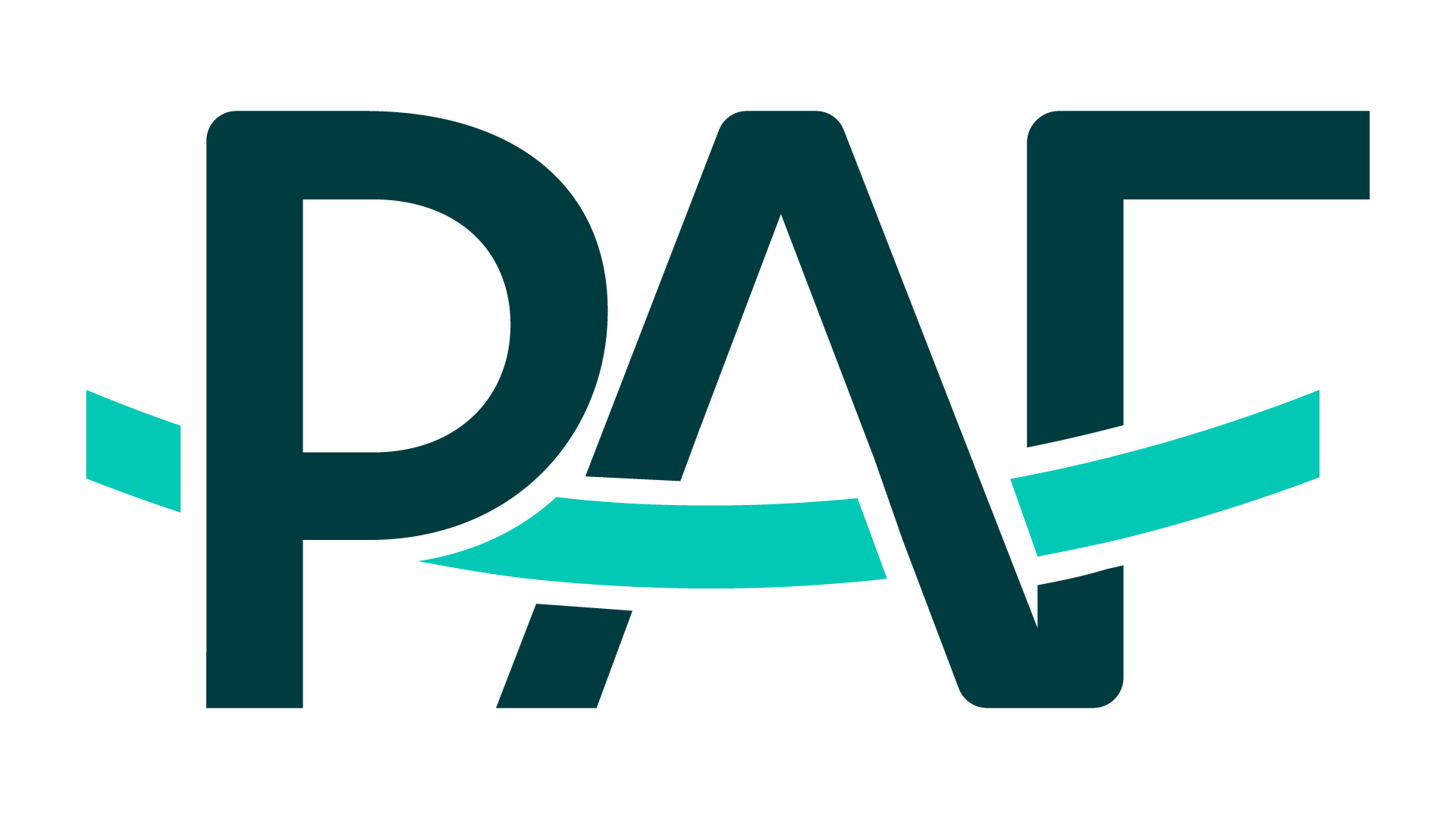How You Can Help During the Ebola Crisis
By John Oliphant, PA-C
October 16, 2014
There’s a health crisis going on half a world away. But this one has hit close to home for me.
I first traveled to Liberia in 2012, working on a project to assess its healthcare system. I toured several different clinics and hospitals, and I got to know a lot of the healthcare providers there. Some of them became my friends.
So, when I heard about the Ebola epidemic that had taken hold there, and began to receive regular messages from the president of the Liberian National Physician Assistants Association about PAs who were getting sick and dying from Ebola every week, I had to find a way to help out.
The virus has killed more than 4,000 and counting in West Africa, with Liberia being the hardest hit.
How PAs in Liberia are Affected
The vast majority of healthcare in Liberia is rendered by PAs, because prior to the outbreak, there were 4 million people and only 150 doctors, but 1,000 PAs.
Liberia has had a PA program in Monrovia since 1965, the same year the profession started in the U.S. It’s located at a school called the Tubman National Institute of Medical Arts.
There is a second one that has had one graduating class so far in a place called Gbanga. It is known as the Baptist Missionary Physician Assistant program that was started and is run by American PA Steven Trexler.
Cuttington University in Suakoko is starting a PA program, too, but they do not have any graduates yet. Cuttington is in the same town where I came across an actual leper colony when I was last there.
PAs on the ground there now are desperately seeking to connect with their American colleagues. So many are suffering, and their morale is at an all-time low.
About 170 healthcare workers, including many PAs, have died, because they did not have access to personal protective equipment.
Also, PA students are being held back from clinical rotations due to Ebola, so their education is on hold indefinitely. At least two current PA students from the third-year class at Tubman National Institute of Medical Arts have died so far from Ebola.
As a PA licensed to work in Liberia and someone who saw firsthand the need for PAs in the country, I find that particularly disheartening.
What You Can Do
What is going on there can be overwhelming. And with cases beginning to be reported on American soil, the disease has the potential to become a worldwide health problem.
I wanted to do what I could from Rochester, N.Y., where I live and work.
So, early this year, several like-minded individuals and I formed the nonprofit organization Our World Outreach. Its goal is to help people and patients locally and globally improve their standard of living and their lives.
Our World Outreach is raising funds to purchase personal protective equipment and awareness so the people of Liberia and other countries will never have to go through this again.
When I visited one location, I saw that healthcare workers had no running water or electricity. They had no masks, gowns or head coverings, and just one pair of rubber gloves!
That’s something we couldn’t even fathom in America.
Just the bare necessities can make a huge difference and save the lives of our PA colleagues and their patients.
I know the PAs of Liberia want to take good care of their patients. But they don’t want to get sick and die in the process.
I hope we can think about how we would feel if we were in their place, and step up and do whatever we can to support our colleagues in Liberia.
John Oliphant, PA-C, is an assistant professor at the Rochester Institute of Technology PA Program.

